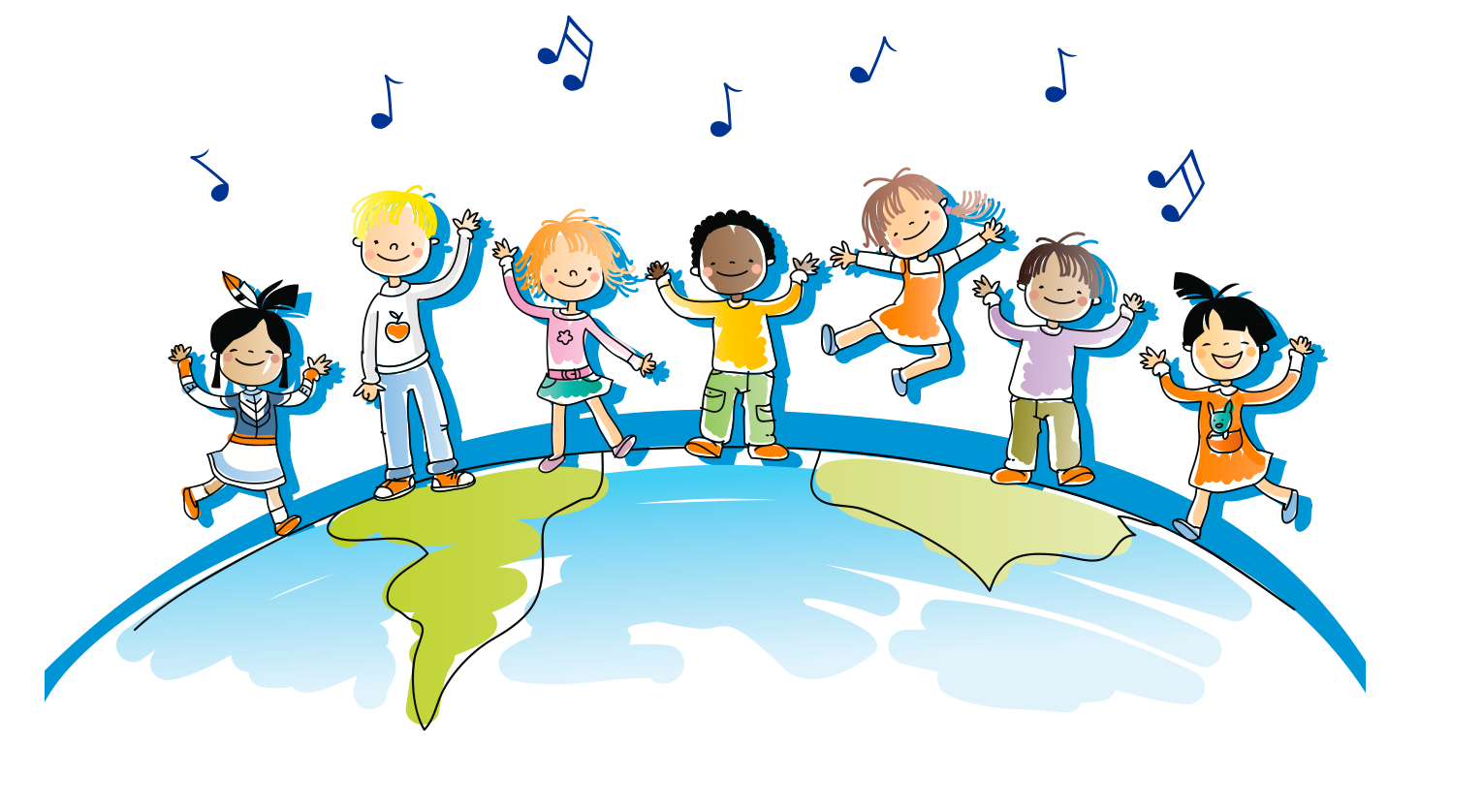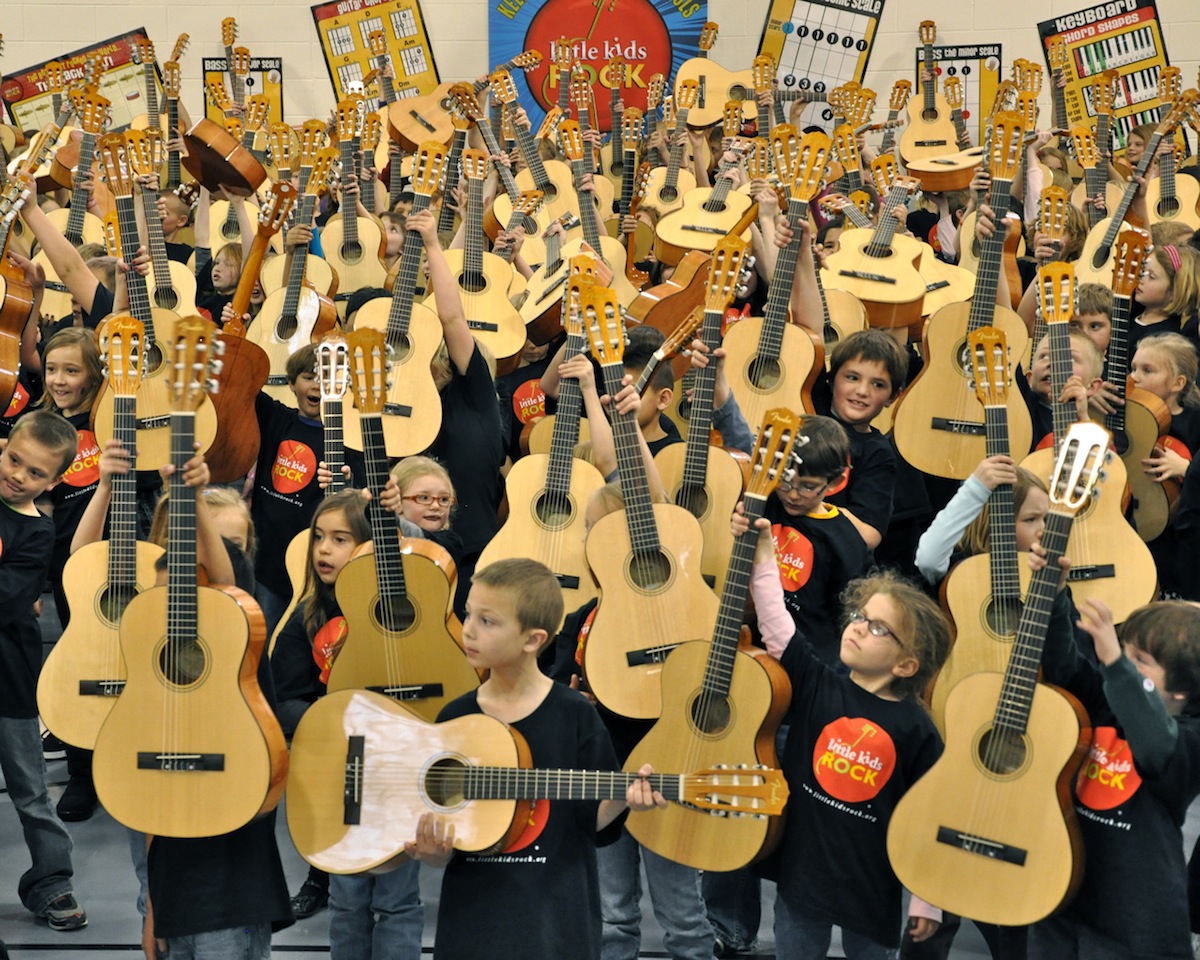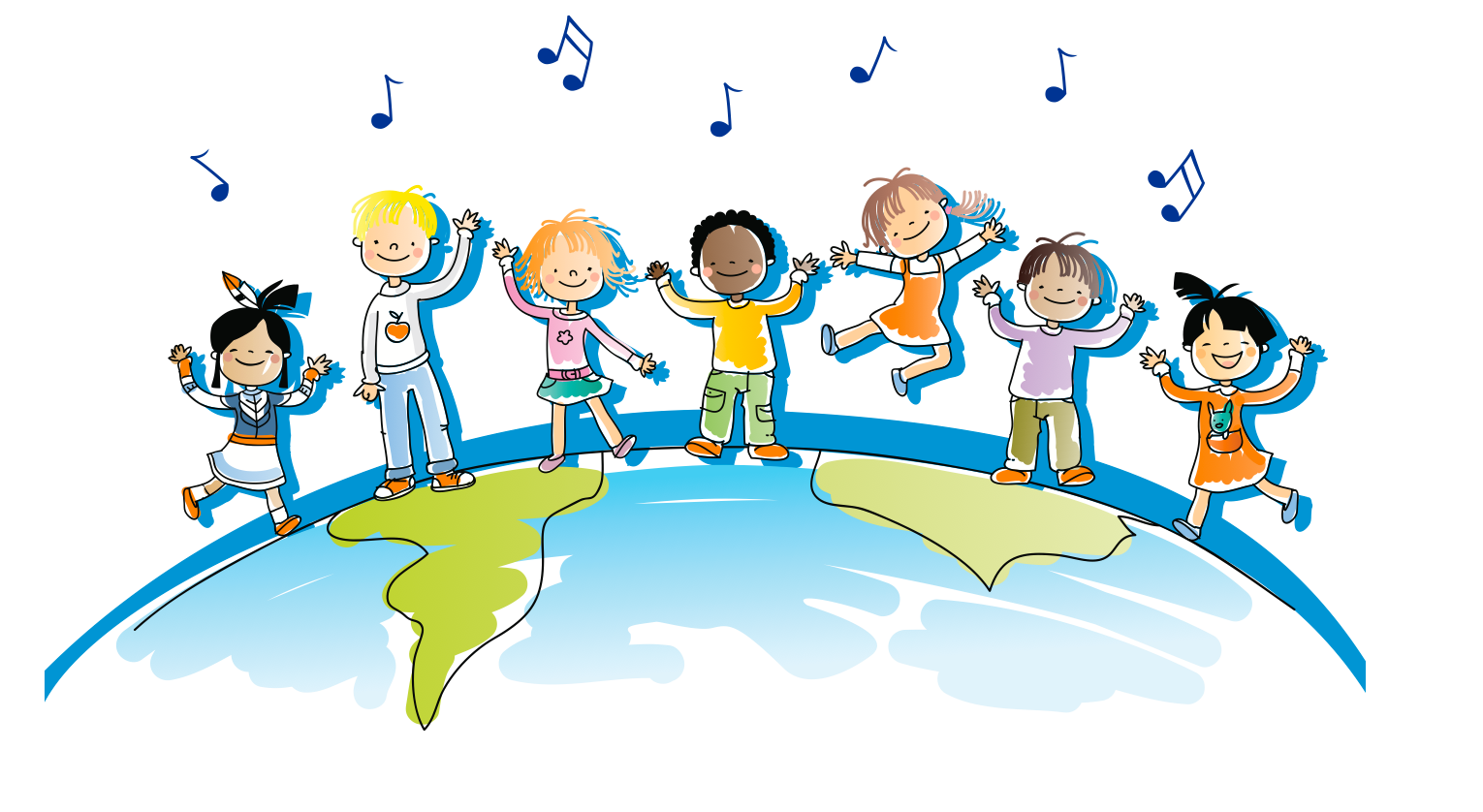
Music Education: Teaching Children to Love Music
By: Victoria Boyington
 Many times throughout my life, I have come across someone that will say, “ I’m just not musical”. There was a time when everyone in the community was taught the songs of their culture. There was a time when children would learn songs from the family and in school from the time they could imitate sound. Music provides a higher level of thinking that involves listening, making a sound in rhythm, following a pattern, presentation, and so much more. When a child is engaged in music they are also engaging in recalling, recounting, experimenting, practicing and creating.
Many times throughout my life, I have come across someone that will say, “ I’m just not musical”. There was a time when everyone in the community was taught the songs of their culture. There was a time when children would learn songs from the family and in school from the time they could imitate sound. Music provides a higher level of thinking that involves listening, making a sound in rhythm, following a pattern, presentation, and so much more. When a child is engaged in music they are also engaging in recalling, recounting, experimenting, practicing and creating.
Children learn best through play. Teaching children to have a love of music begins with grandma, mom, dad, and anyone interacting with them. Learning to interweave music into you daily routines is a simple way to expose your children to music. Something as simple as walking up the stairs or washing the dishes can become a song. If you cannot make up your own song, that’s ok, just use a song you already know. Sing new words about what you are doing over the song you already know. Have instruments, even if they are hand made around for your children to explore. Have one time a day that you drum on drums or the carpet together. Put on music and dance with your children. Your child could obtain musical competence by ages three or four if they are provided interesting musical experiences at home and in a group setting.
 Here are a few programs that offer early musical experiences:
Here are a few programs that offer early musical experiences:
Kindermusik offers childhood music and movement classes for kids. Their curriculum is based on the principals of Kodaly, Suzuki, and Orf. Their mission is based on the idea that music is the best vehicle for childhood learning.
Music together is an early childhood music program from birth and up. Music together teaches that music is made up of sounds we make in our daily activities, which are the building blocks of music and early childhood learning.
Their curriculum is developed by experienced child development program directors, which incorporate a balanced whole-child approach. Classes are designed for children birth to age 5.
Orf, Kodaly, and Suzuki are also other schools of thought in teaching children music. Getting your children involved in whatever method will enhance your life and help to increase your child’s musical competence. Your child does not need to possess a “talent”, but they can gain an aptitude for music just as with other areas of learning.
